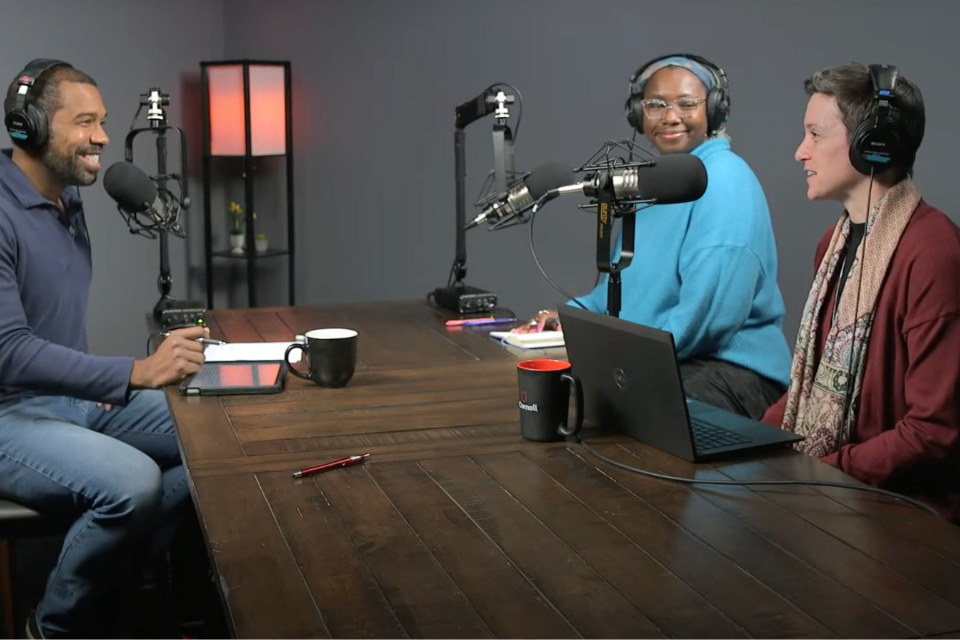Professionals sharpen business, legal communication in certificate program

Whether drafting a critical email or examining a business issue, professionals in every role need strong analytical and persuasive communication skills. Cornell’s Legal Writing and Communication certificate program strengthens essential legal writing skills for leaders across industries.
According to the program’s faculty author Michelle Whelan, a clinical professor of law and associate dean for diversity, equity and inclusion at Cornell Law School, every written word can carry legal implications.
“Whether you are an employee or CEO, you need to understand all the myriad ways you could be interacting, directly or indirectly, with an attorney,” Whelan said. “Even if you don’t interact regularly with legal counsel, you need to appreciate how this can connect with your work and how your life intersects.”
The program includes four courses: Maximizing Your Value in the Attorney-Client Relationship, Evaluating the Impact of Legal Documents, Composing Documents That Help Lawyers and Writing and Persuading Like a Lawyer.
Whelan charts the ways in which a company’s employees could come to the attention of the company’s attorney. Learners explore how to maximize value in an attorney-client relationship through proper communication and how documentation — including emails and other written communication — can help or hurt during litigation.
Participants explore best practices for building relationships with organizational legal teams, techniques for effective witness interviewing and workplace incident reporting and common misconceptions about business documentation.
“There’s a lot of talk about ‘don’t create this document’ or ‘don’t put everything down in writing.’ But for a company to function, they need documents for institutional memory, and that’s just how they function,” Whelan said. “The program helps employees understand how to create documents that are useful and not harmful.”
“What are the things that you should be looking for that are helpful for the company and the company’s attorney? The program walks through how to effectively gather information from a witness and then it turns to putting that down on paper,” she said.
While these skills are necessary for legal issues, focused expertise in these areas can help professionals excel in any field. As persuasive communication is the core of the program, Whelan emphasizes how impactful the courses can be for anyone in business.
“Persuasion is everywhere you look, no matter what you do, no matter what your role is, and this program teaches students that they’ve been using persuasion all their lives. It’s easy then to transfer some of those concepts, skills and knowledge into a persuasive document that objectively analyzes an issue using the four-step analysis that every good lawyer runs through to analyze an issue to come up with a solid, sound conclusion that’s backed by solid reasoning. And then, once you have that, you can turn it into a document that convinces or persuades.”
Whelan notes that it is important for professionals to think beyond what their business does with an attorney. “There are also specific ways that an employee interacts with an attorney, such as being asked to serve as a witness on behalf of the corporation,” she said. “One day, everybody out there could be asked to do that.”
Build your confidence in persuasive business and legal communication — enroll in the Legal Writing and Communication certificate program today!

